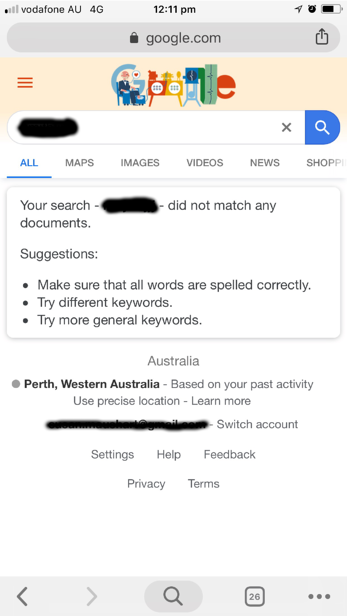Beyond cyber safety
July 20, 2019

Digital citizenship starts with safety - but it doesn’t end there.
Learning to defend against online risks and dangers is critical for today's students. But new research argues that, to thrive in a digital world, young people also need the skills to build positive digital assets - and curate an online presence to be proud of.
It’s common to teach students to minimise their “digital footprint” - the data trail we all leave online including website and messaging history and info submitted to online services. But if managed well, digital footprints can be an asset, say the researchers behind the NSW-based Best Footprint Forward project.
Consider the reaction of a potential employer who Googles a prospective employee - and comes up dry. No trace whatsoever. In today’s world, that would be as much of a red flag as a history of drunken social media posts.

Measuring cyber safety awareness
The Best Footprint Forward researchers talked to focus groups of children aged 10-12 from regional NSW.
It found that communicating with friends was the most popular online activity in this age group, beating out homework - okay, not surprisingly - gaming and even watching videos.
The children knew what digital footprints were. They knew what you put online stays online. They knew others could find them if they left identifying details, like their full name or address. And they knew employers would check their social media.
The students in the study were also aware of password security, online privacy, blocking harassers, talking to parents and not posting pictures of their faces. Most had Instagram accounts set to private, which were used solely for messaging.
Curating a presence
That high level of cyber-safety awareness impressed the researchers. But it also led them to consider that more emphasis should be placed on teaching kids to curate their online presence - basically to know what to display publicly and what should remain private.
“Teaching children to curate their achievements, skills and some aspects of their digital identity would help prepare them for the greater online freedom that will come with high school,” notes Rachel Buchanan, senior lecturer in education at the University of Newcastle.
Teaching children about cyber safety is essential. But so too is learning about cyber benefits - and how those benefits can be managed to enhance life in the digital age.
Topics: Cyber Safety, Cyber Experts, digital citizenship, smartphone
Would you like some more information? Or a demo?
Get in touchSubscribe to our newsletter
Popular posts
Recent posts
ySafe | How Schools Are Structuring Their Cyber Safety Days (and Why It Works)
Schools often ask us what a full cyber safety day actually looks like. The truth is, there’s no single template. Every school has its own ...
ySafe | What’s the Return on a Full-Day Cyber Safety Program?
Schools often hesitate to devote a whole day to cyber safety education, and that’s understandable. Single sessions are less demanding in ...
ySafe | Cybersafety Day vs Session: What’s the Real Difference?
What’s the difference between an online safety presentation and a Cybersafety Day? It’s a question we hear all the time. And it’s fair. ...